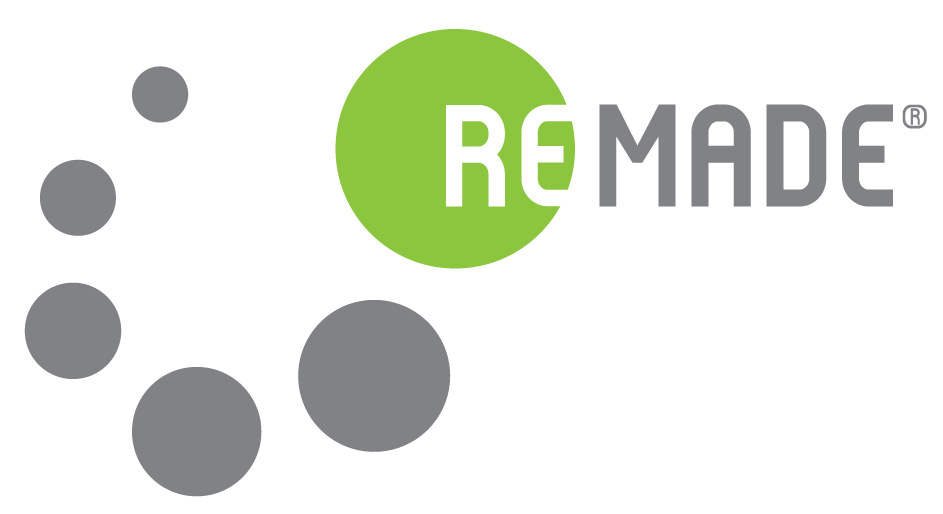Claiming to be “green” and sustainable has become a competitive factor, and products with these characteristics are seeing greater growth in the market.
However, goods and services that are less environmentally friendly than portrayed through “misleading” claims can mislead consumers and hinder the green transition.
With the proliferation of environmental labels, it has become difficult for consumers, businesses, investors, and stakeholders to determine the credibility of claims, particularly since only some environmental labels are certified and verified by third parties.
To address this issue, the European Union has proposed several regulatory measures aimed at standardizing the environmental information communicated to consumers about so-called “green” products.
On March 22, 2023, the European Commission presented the proposal for Directive Com (2023) 166 final of the European Parliament and the European Council on the substantiation and communication of explicit environmental claims (the Green Claims Directive).
On March 12, 2024, the European Parliament approved the text with amendments. This vote allows the new European Parliament (to be elected in June 2024) to continue the legislative process from the approved text.
This proposal should not be confused with the March 2022 EU update from the European Commission on consumer protection laws, which aim to ensure consumers are protected and empowered to actively contribute to the green transition.
The March 22, 2023 proposed Directive (the so-called Green Claims Directive) introduces more specific rules and is considered lex specialis relative to the Unfair Commercial Practices Directive (the so-called Greenwashing Directive, No. 2024/825/EU), adopted on February 28, 2024, by the European Parliament and European Council.
The European Parliament vote of March 12, 2024, removed the article (Article 8, paragraph 1, subparagraph 3) which prohibited Member States from establishing new national or regional environmental labelling systems that were not compliant with EU law. However, in the previous version, national or regional environmental labelling systems established before the Directive’s entry into force could continue to issue environmental labels in the EU market, as long as they met the Directive’s requirements.
Among the new features voted on and introduced into the text of the “Green Claims” Directive Proposal in March 2024, it is worth highlighting the introduction of the importance of specifying the exact percentage of certified material in a product. In fact, Recital 33 now states:
“Since Directive 2005/29/EC already applies to misleading environmental claims, it enables the national courts and administrative authorities to stop and prohibit such claims. For example, in order to comply with Directive 2005/29/EC, environmental claims should relate only to aspects that are significant in terms of the product’s or trader’s environmental impact. Environmental claims and labelling schemes should also be clear and unambiguous regarding which aspects of the product or trader they refer to and should not omit or hide important information about the environmental performance of the product that consumers need in order to make informed choices. The wording, imagery and overall product presentation, including the taglines, layout, choice of colours, images, pictures, sounds, symbols, trademark or labels should provide a truthful and accurate representation of the scale of the environmental benefit achieved, and should not overstate the environmental benefit achieved. Where applicable, information about the exact amount of a product’s certified material content, a feature around which certain types of labelling schemes operate, should not be omitted, especially when the minimum certified content could be zero.”
Furthermore, Article 2, in its new formulation, gives greater importance to recycling by including it in the definition of “value chain”; in fact, “Value chain” refers to all activities and processes that are part of the lifecycle of a product or the activities of a professional, including remanufacturing, reuse, recycling, and end-of-life.
Article 18-bis is then introduced, establishing the green claims consultation forum.
The forum ensures balanced participation by representatives of Member States and relevant stakeholders, such as industry representatives (including micro, small, and medium-sized enterprises), craftspeople, unions, professionals, retailers, importers, academic researchers, environmental advocacy groups, and consumer organizations.
The European Commission consults the forum on:
- Work plan definitions;
- Preparation of delegated acts;
- Updates to the requirements for substantiating and communicating environmental claims;
- Assessments of the requirements for substantiating and communicating environmental claims;
- Evaluations of the effectiveness of the current requirements for substantiating and communicating environmental claims.

